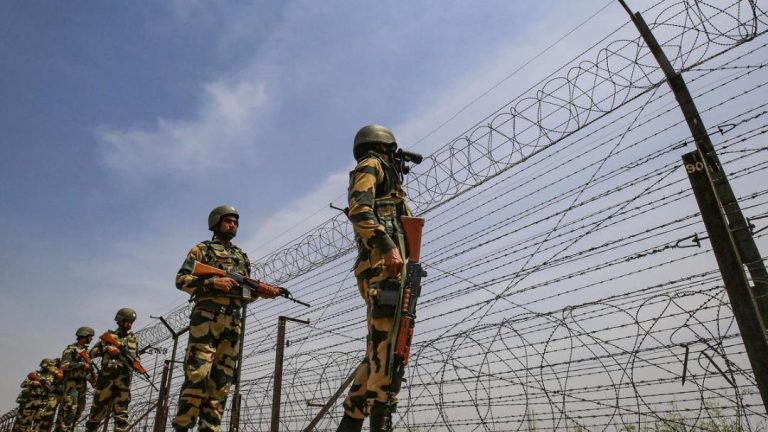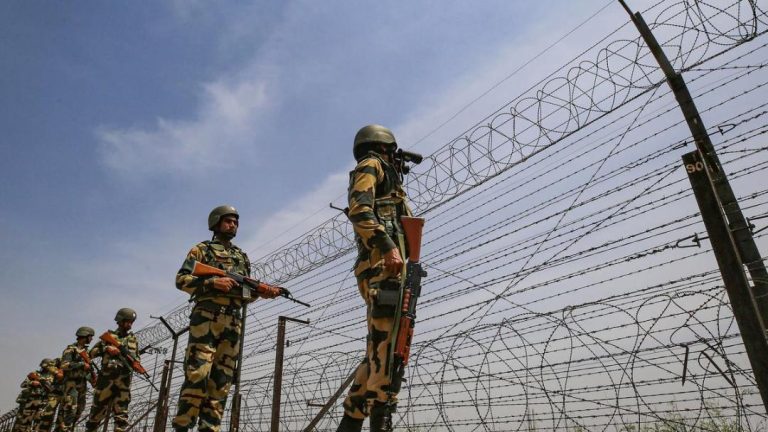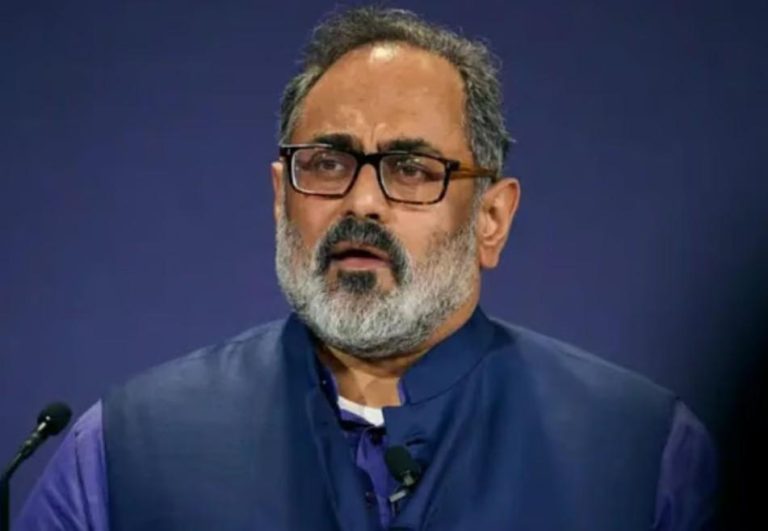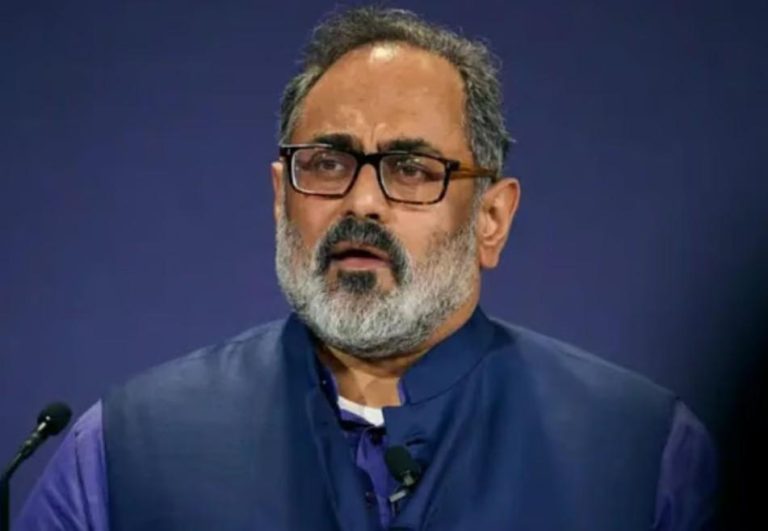
Indian National Jailed for 4 Years in Sri Lanka for Match-Fixing
In a major crackdown on corruption in the world of cricket, an Indian national, Yogi Patel, has been sentenced to four years in prison for match-fixing in Sri Lanka’s 2024 Legends League T20 tournament. This stern punishment comes as a warning to those who attempt to tarnish the integrity of the game.
According to reports, Yogi Patel, a 35-year-old Indian national, was found guilty of proposing to fix matches in the Sri Lankan tournament. The Colombo High Court, in a landmark judgment, sentenced Patel to four years of hard labor, fining him a staggering SLR 85 million (approximately Rs. 4.2 crores or USD 550,000). Additionally, Patel was ordered to pay SLR 2 million (approximately Rs. 1 crore or USD 13,500) to Upul Tharanga, the chairman of Sri Lanka selectors, for defamation.
The case against Yogi Patel dates back to 2024 when he allegedly approached several Sri Lankan cricketers with a proposal to fix matches in the Legends League T20 tournament. The cricketers, however, reported the matter to the authorities, leading to Patel’s arrest and subsequent trial.
The Sri Lankan cricket authorities, in collaboration with the Indian authorities, launched an investigation into the matter. The investigation revealed that Patel had been involved in a conspiracy to fix matches in the tournament, aiming to make a substantial profit from the betting markets.
The court’s verdict is a significant victory for the Sri Lankan cricket authorities and a stern warning to those who attempt to corrupt the game. The punishment is a testament to the country’s commitment to upholding the integrity of cricket and protecting the game from the scourge of match-fixing.
Match-fixing is a serious offense that can have far-reaching consequences for the game and its stakeholders. It can lead to a loss of public trust, damage to the reputation of the players and the game, and even financial losses for the teams and sponsors. Therefore, it is essential that the authorities take a zero-tolerance approach towards match-fixing and ensure that those found guilty are punished severely.
The Sri Lankan cricket authorities have been at the forefront of the fight against match-fixing, and this verdict is a testament to their commitment to the cause. The country’s cricket board has implemented several measures to prevent match-fixing, including the implementation of a robust anti-corruption code and the establishment of an anti-corruption unit.
The Indian cricket authorities too have been proactive in tackling match-fixing, with the Board of Control for Cricket in India (BCCI) implementing several measures to prevent corruption in the game. The BCCI has established an anti-corruption unit, which works closely with the International Cricket Council (ICC) to identify and prevent match-fixing.
The sentencing of Yogi Patel is a significant development in the fight against match-fixing, and it serves as a warning to those who attempt to corrupt the game. The punishment is a testament to the severity with which the authorities will deal with those found guilty of match-fixing, and it is a reminder that the game of cricket is a serious business that demands the highest levels of integrity and sportsmanship.
In conclusion, the sentencing of Yogi Patel to four years in prison for match-fixing is a significant development in the fight against corruption in cricket. The punishment is a stern warning to those who attempt to corrupt the game, and it is a testament to the commitment of the Sri Lankan cricket authorities to upholding the integrity of the game.






